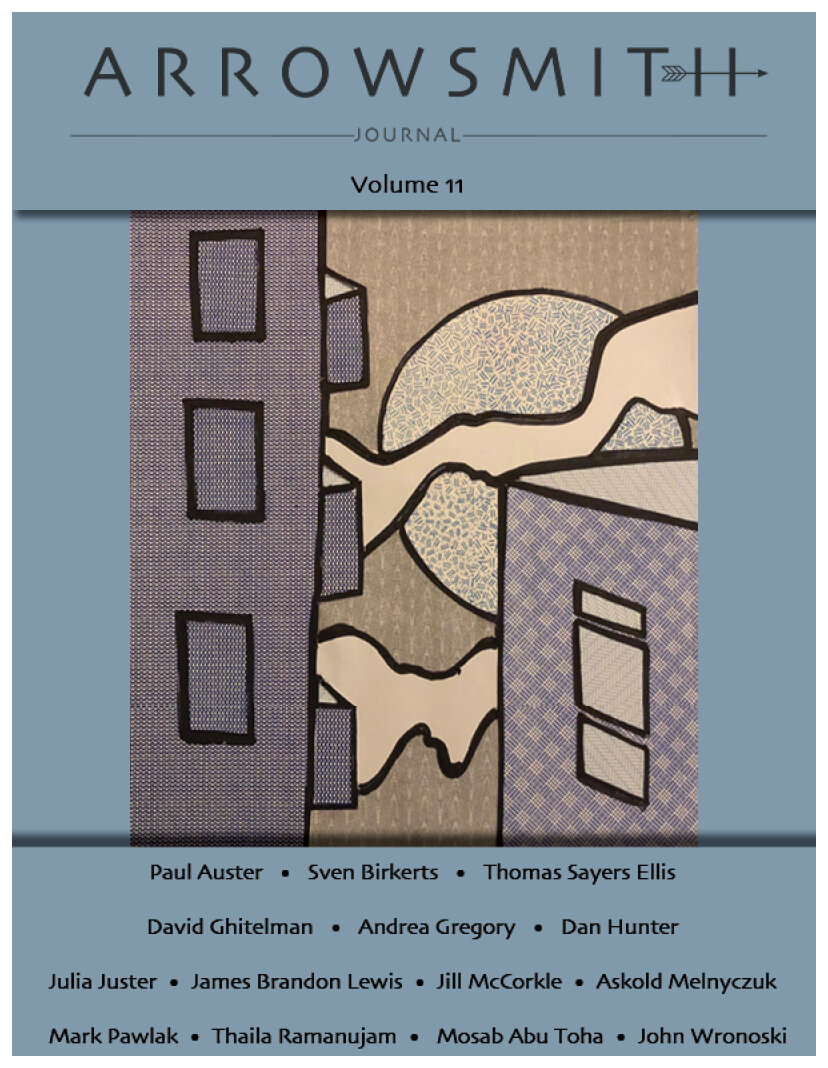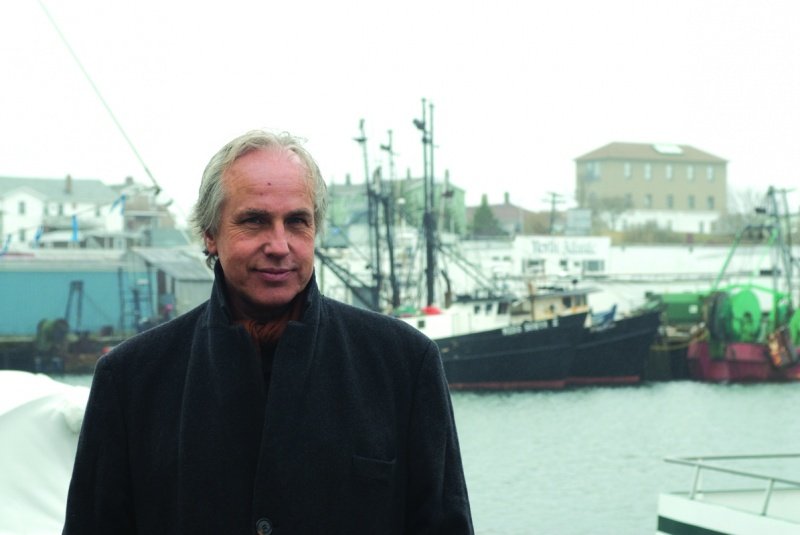Introduction to Volume 11
BUT YOU DON’T KNOW WHAT IT IS, DO YOU?
Mr. Jones, a film directed by Agnieszka Holland, chronicles the fate of a country under the sway of an unscrupulous, mendacious, insecure head of state. The “elites,” along with a portion of the general population, seem mesmerized and inspired by these very failings. It’s as though his supporters see themselves in him and imagine that they too might one day wield incalculable power. He is, in fact, their proxy.
The villain in Holland’s film is, of course, Stalin, but the behavior feels distressingly familiar. Under orders from their leader, Soviet bureaucrats and their mouthpieces lied at every turn about the state-engineered famine ravaging Ukraine in 1933. It’s hard not to see a parallel between their silence and the concert of lies emanating from the White House about COVID-19, and just about everything else...
It’s very hard to stop once you’ve begun to play the game. Politicians and citizens alike keep buying into new rules permitting ever more extreme behaviors. And it gets darker from there. As Holland’s searing film shows, the famine has little effect on elites with a ready supply of everything—think personal protective equipment, appropriate ventilation, frequent testing. Most never hear the cries of the hungry.
And this where I hope the analogy ends. Because Stalin and his supporters’ lies led to the starvation of millions who were left with nothing to eat but their own children. In fact, Raphael Lemkin coined the word genocide to describe the tragedy.
Hard truths often take a long time to surface. Unfortunately, Holland’s movie couldn’t be more timely. The United States is at a crossroads. One only hopes that the fate which befell the people under that dictator remains merely a cautionary tale. But it sure looks like we’re heading for a cliffhanger.
Askold Melnyczuk’s book of stories, The Man Who Would Not Bow, appeared in 2021. His four novels have variously been named a New York Times Notable, an LA Times Best Books of the Year, and an Editor’s Choice by the American Library Association’s Booklist. He is also co-editor of From Three Worlds, an anthology of Ukrainian Writers. His published translations include work by Oksana Zabuzhko, Marjana Savka, Bohdan Boychuk, Ivan Drach, and Skovoroda. His shorter work, including essays, stories, and reviews, have appeared in The Paris Review, The New York Times, The Missouri Review, The Times Literary Supplement (London), The Los Angeles Times, The Harvard Review and elsewhere. He’s received a three-year Lila Wallace-Readers’ Digest Award in Fiction, the McGinnis Award in Fiction, and the George Garret Award from AWP for his contributions to the literary community. As founding editor of Agni he received PEN’s Magid Award for creating “one of America’s, and the world’s, leading literary journals.” Founding editor of Arrowsmith Press, he has taught at Boston University, Harvard, Bennington College and currently teaches at the University of Massachusetts Boston. Most recently he has been organizing readings in support of writers in Ukraine, as well as interviewing writers for his For the Record series which appears online at Agni Online (https://agnionline.bu.edu/blog/for-the-record-conversations- with-ukrainian-writers/), as well as on Arrowsmith Press’s website.


